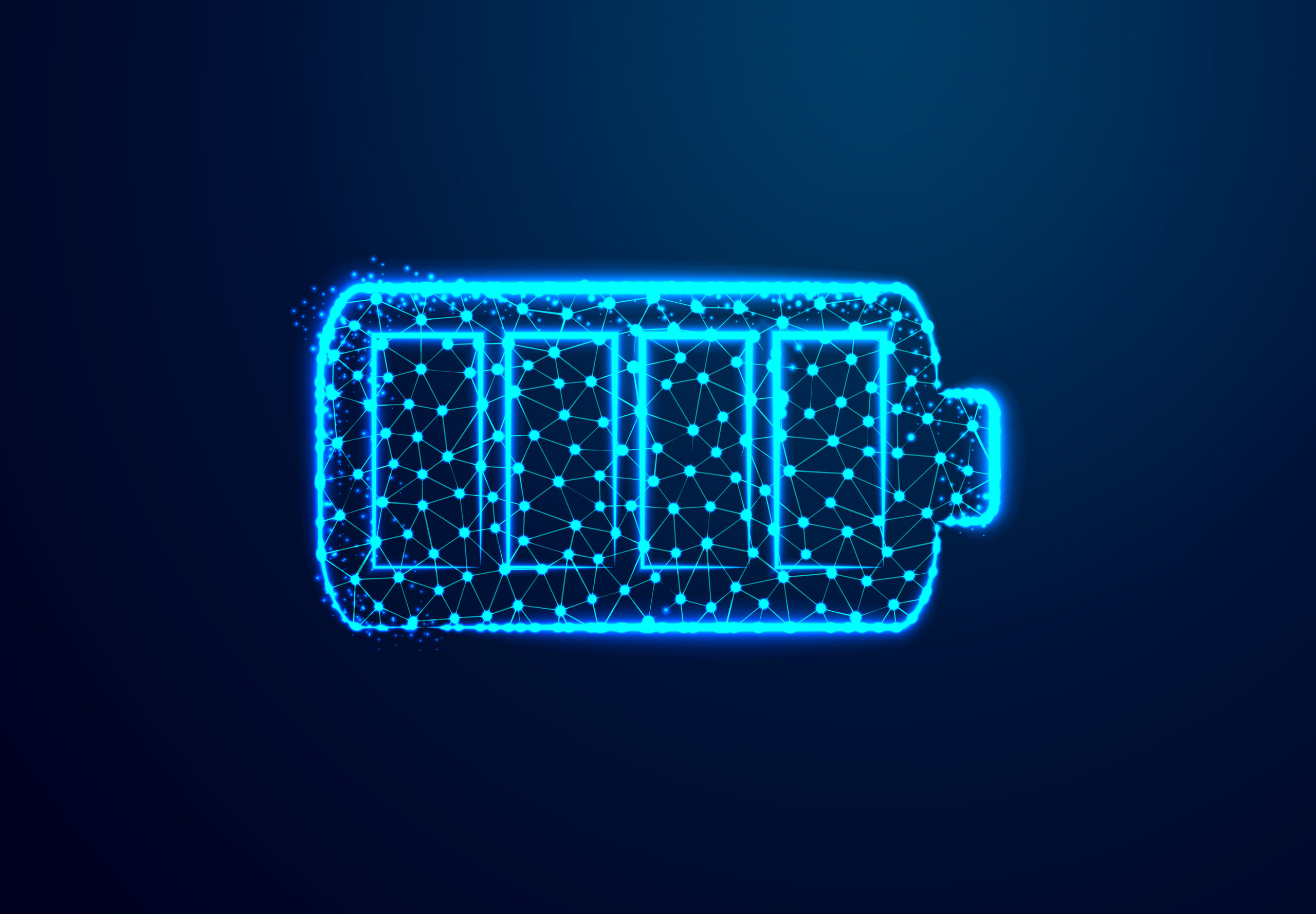
Forklifts are an essential part of many warehouse and manufacturing operations. Traditionally, forklifts have relied on lead-acid batteries as their power source. However, lithium-ion batteries are quickly becoming a popular alternative. Lithium-ion batteries offer several key advantages over lead-acid batteries when used in forklifts. In this blog post, we will explore six of the top benefits of using lithium-ion batteries in forklifts.
- Longer Runtimes
One of the main advantages of lithium-ion batteries is that they can provide significantly longer runtimes than lead-acid batteries of the same size and weight. A lithium-ion forklift battery can provide up to two times the runtime of a comparable lead-acid battery before needing to be recharged. This allows for longer, continuous use without having to stop to swap out batteries. Operators can move more pallets and materials in a single shift.
One study found that a lithium-ion forklift battery lasted for 6 hours of operation, while a comparable lead-acid battery lasted only 3 hours under the same working conditions. That’s twice the amount of runtime before needing to be recharged. Multiply this by several battery charges per week, and the amount of extra runtime from lithium-ion batteries adds up substantially over months of operation. Some advanced lithium-ion forklift batteries can even provide strong performance in cold storage and deep discharge applications that can cause other battery chemistries to struggle. Their robust performance makes them highly reliable across a wide variety of heavy and intensive usage cases.
- Faster Recharge Times
In addition to longer runtimes, lithium-ion forklift batteries can recharge much more quickly than lead-acid batteries. While a lead-acid battery may take 8-12 hours to fully recharge, a lithium-ion battery can reach a full charge in only 2-3 hours. This allows forklifts to get back into service much sooner after charging. The increased recharging speed also creates opportunities for fast partial charging during short breaks.
Faster recharge times also facilitate opportunities for rapid charging during shorter periods when forklifts are not in active use, such as during lunch breaks. Even quick 15-20 minute burst charges can extend the total runtime before longer recharging is needed. And for warehouses running multiple shift operations, fast recharge lets another operator take over with minimal downtime in between shift changes.
- Longer Lifespans
Over the lifetime of the battery, lithium-ion batteries tend to last nearly twice as long as comparable lead-acid batteries. Instead of 300-500 charge cycles from a lead-acid battery, a lithium-ion battery can reliably provide 1000-2000 cycles. With their longer overall service life, lithium-ion batteries can save operators money over time by extending the time between battery replacements. Less downtime for battery swaps also improves forklift availability.
The longer lifespans of lithium-ion batteries mean a lower total cost of ownership over time. While the upfront purchase price of a lithium-ion battery is typically higher than that of a lead-acid battery, fewer battery replacements are needed over the operational life of a forklift. The cost savings from fewer replacements (including less downtime and labor) make lithium-ion a better investment over the long run in most situations.
- Lower Maintenance
Lead-acid batteries require extensive regular maintenance, like checking fluid levels and cleaning corrosion from terminals. Lithium-ion batteries are nearly maintenance-free and do not need watering or corrosion checks. The reduced maintenance needs cut labor costs over time. Lithium-ion batteries also perform more consistently in cold weather conditions that can slow down lead-acid battery output.
For forklift fleet operators managing large numbers of vehicles, reducing maintenance demands can yield significant labor cost savings over time. Technicians can shift their effort from reactive maintenance like battery watering and cleaning to more proactive and value-added maintenance that improves long-term performance and reliability.
- Improved Safety
Lithium-ion batteries provide several important safety advantages over lead-acid batteries as well. They reduce toxic battery fluid handling thanks to a sealed battery design. There is also a very low risk of leakage or spillage. Lithium-ion batteries significantly reduce the production of heat and harmful hydrogen gases during charging and use. They contain no corrosive lead, further improving safety.
Lithium-ion batteries are also safer for operators, improving working conditions. Features like low gas emissions reduce respiratory and skin irritations that employees can experience when repeatedly handling lead-acid batteries. Improved protection for workers aligns with better sustainability and corporate responsibility objectives around health and safety.
- Environmental Benefits
Finally, lithium-ion forklift batteries deliver considerable environmental improvements over lead-acid batteries. They require less energy to produce, and they eliminate lead and acid contamination risks from operation or disposal. Lithium-ion batteries also have much higher recycling rates compared to lead-acid at the end of their life. Overall, they align better with environmental initiatives.
The Switch is Worthwhile
With longer run times, faster charge times, a longer lifespan, lower maintenance, improved safety, and environmental benefits, lithium-ion batteries offer outstanding advantages compared to traditional lead-acid batteries in forklift applications. Despite the higher upfront costs of purchasing lithium-ion batteries, the total savings over the life of the battery make them a worthwhile investment for most forklift fleet operators.
As India’s leading Solar Company, Waaree Technologies understands the importance of adopting clean energy solutions. By harnessing the power of the sun through our extensive range of solar products, we are committed to driving India towards a more sustainable future. Much like the switch from lead-acid to lithium-ion batteries can accelerate sustainability in warehousing operations, solar energy accelerates sustainability for India’s emerging power needs. From homes to businesses, farms to factories, Visit our website waareetech.com, to know how Waaree solar solutions deliver cleaner, greener energy alternatives today.
